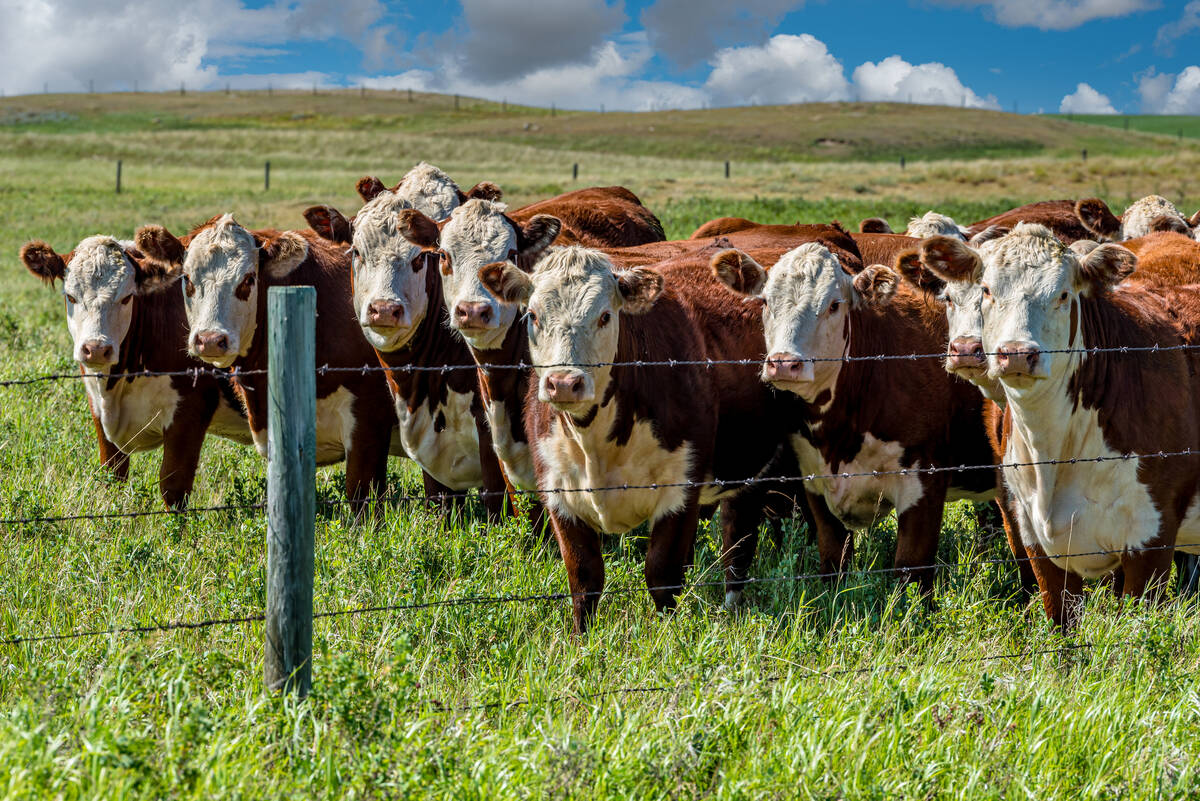Excessive regulation hobbles productivity | The Western Producer

WINNIPEG — For much of the last decade, economists and business experts have been warning about Canada’s productivity crisis.
It’s difficult to get the public to care about productivity, mostly because it’s boring compared to the NHL playoffs or a video of a Jack Russell terrier wearing a cowboy hat and riding a horse.
But productivity does matter.
Read Also


What to look for when assessing pasture health
Regular assessments of pasture health are key to improving productivity, protecting soil and making grazing land more resilient to weather extremes, says a range management biologist with Agriculture Canada.
“Productivity is a core driver of GDP growth and living standards,” says the Public Policy Forum, which advocates for a better Canada.
“The level of Canada’s productivity, which is typically measured as GDP per hour worked, ranks 18 out of all OECD (Organization of Economic Co-operation and Development) countries.”
There are many theories for why Canada struggles with productivity. A popular one is that Canada has a weak ecosystem for innovation. We have good scientists but lack the entrepreneurs and the venture capital to get new technologies to market.
Here’s another theory, which is rarely mentioned by economists or business leaders.
Canada has a world-class group of people who work in the “Everything is Bad” industry. Obviously, there isn’t an “Everything is Bad” industry, but there is a cohort of environmental groups and social justice organizations that try to stop natural resource projects and technological innovations.
For example, the David Suzuki Foundation opposes all activities related to the extraction and burning of fossil fuels, including TV ads for half-ton trucks and SUVs.
An example from agriculture is the Canadian Biotechnology Action Network. It has lobbied against genetically modified crops since 1999 and continues to campaign against newer agricultural technologies such as gene editing.
CBAN is a coalition of organic farm groups, the National Farmers Union, Greenpeace and the Council of Canadians.
There’s no debate that CBAN, the David Suzuki Foundation and other groups should have a say in Canada’s economic future. At the same time, if they have an outsized influence on federal policy and public acceptance of new technologies, even if they are approved, it can put a chill on investment and innovation.
It’s a question of balance.
Is Canada getting the balance right between regulatory safety and economic growth and between pro-industry and anti-industry voices?
In a report published this winter, Farm Credit Canada said the answer is no.
FCC joined the chorus of organizations saying Canada has grave challenges with productivity. The report also said that Canadian regulations for agriculture technology are hindering growth. You can read that report here.
“Current regulations can lack a proper balance between risk management, productivity and innovation,” says the FCC report. “For plant science innovations, the most useful reforms would be to reduce the time and cost to introduce products to the Canadian marketplace.”
The regulatory burden has real consequences for Canadian farmers.
Some agricultural technology companies based in Canada now launch their products in the United States because the domestic market is a regulatory nightmare.
In 2021, Vive Crop Protection, a Toronto firm, was named Company of the Year by Life Sciences Ontario. It started selling its fungicides, insecticides and other products in the U.S. in 2017. Six years later, it introduced its first product in Canada.
“The biggest reason we chose to go into the U.S … was that the regulatory system was set up in such a way that a new technology was easier to define the regulatory path,” Darren Anderson, chief executive of Vive, said in 2023.
Bringing this back to productivity, American farmers had early access to technology that improved crop yields and the efficiency of their business. Canadian farmers did not.
As the FCC pointed out, this is about balance.
Agricultural technology investors, leaders of the crop science industry and former federal agriculture minister Kody Blois have all said that regulations for agricultural technologies and innovation have become a burden.
As Blois said on X in March, excessive regulation is hurting Canada’s agriculture industry.
“With the support of the CFIA, we’re working to remove unnecessary red tape, speed up product approvals, and reduce costs for producers, all while maintaining our high standards for human health, animal health and the environment.”
Prime minister Mark Carney has promised to “build” Canada’s economy and improve productivity. A great place to start is cutting agricultural regulations that do little but hinder innovation and growth.
Contact robert.arnason@producer.com
Source: producer.com


